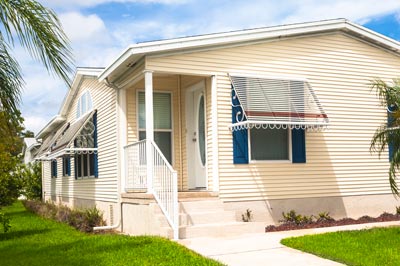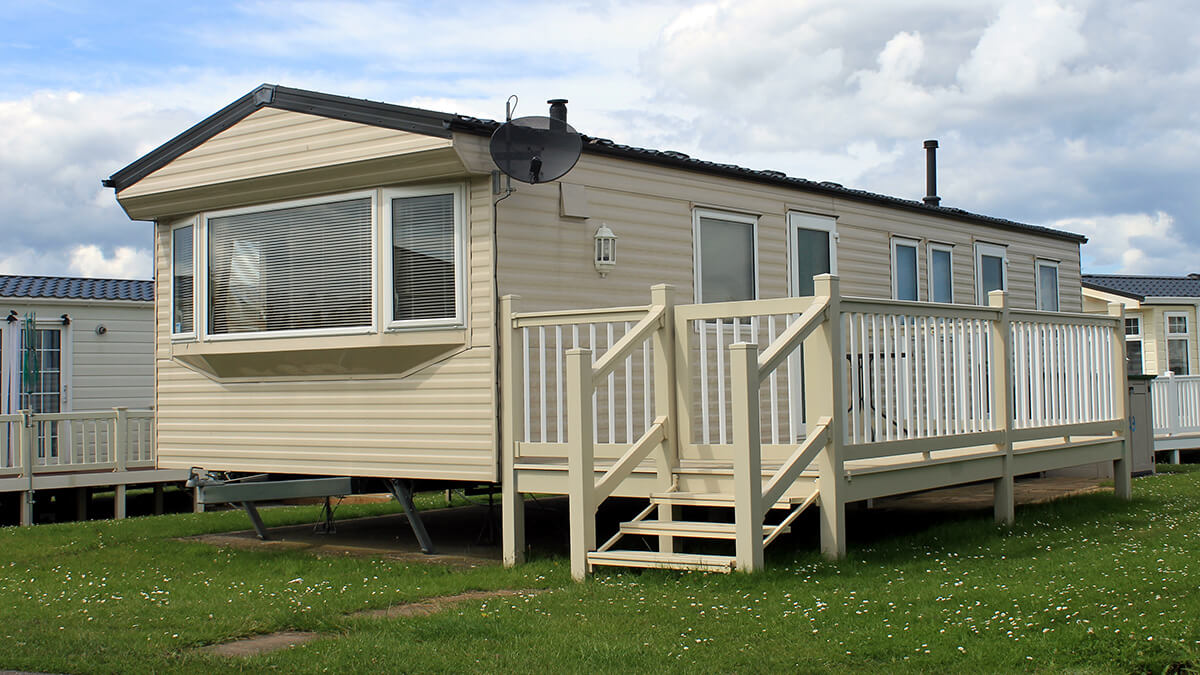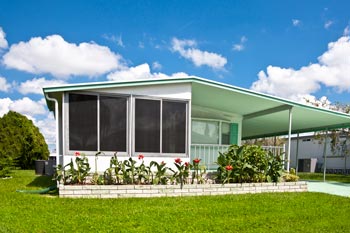Fire safety for your RV

Summer is officially here, and if you're like me, you can't wait to get on the road and go on some adventures! There's nothing more enjoyable than good company, good food and an open road with endless possibilities.
If you're traveling in an RV, you have the benefit of more convenience! You now have a kitchen, shower, bathrooms and bedrooms. It definitely saves money on hotels, and may save you time on stops along the way too. But, just like any trip, your RV vacation can go sour very quickly if you ignore certain safety precautions and regular maintenance. According to the National Fire Protection Association (NFPA), an estimated 20,000 RV fires happen every year.⚹ That's a scary number to consider. The good news is, most RV fires are preventable!
Before you hit the road, read these fire prevention safety tips so you can have a worry-free trip with your family and friends!
-
Make sure you carry fire extinguishers in your RV.
It is a good idea to keep one in the kitchen and one outside in an unlocked compartment or tow vehicle. Learn how to properly use one, and train others who will be traveling with you.
-
Test your smoke and carbon monoxide detector.
There's nothing worse than having a smoke detector that doesn't work when you need it to the most! Be sure to test these safety systems at least once a month to ensure they are functioning properly.
-
Inspect your electrical system regularly.
Make sure you have solid connections and wires that are in good shape. If you find some that need some work, be sure to call a professional in to handle the job!
-
Have an emergency plan.
Always be prepared for the worst! Make sure you and your fellow travelers have an escape plan, and practice it before you leave.
-
Have your RV brakes inspected.
Experts say a dragging brake can potentially create enough friction to ignite a tire or brake fluid.
-
Check all hoses for any leaks or signs of damage.
Any leaking fluids in your RV's engine compartment can ignite, so they need to be repaired immediately.
-
Shut off your propane at the tank and turn off all propane-powered appliances while driving.
Many people leave the refrigerator on while driving to keep their food cold, but this can be very dangerous if you happen to get into an accident. The fridge can stay cold for up to eight hours if you leave it closed. Don't risk it - shut it off!
-
Never leave cooking unattended.
It is also a good idea to properly ventilate your RV when you are cooking with the stove.
-
Pay attention to where you park your vehicle.
When you park, try to avoid parking close to grass or shrubs. A hot exhaust pipe and dry grass is a recipe for disaster!
-
Purchase RV Insurance.
Make sure your RV has insurance, and make sure you know every detail about your policy! If you haven't purchased any yet, ask your insurance agent as many questions as possible, and—in the end–get a policy that fits your needs. You will be more at ease knowing your RV is fully covered in the case of an accident or fire.
After reading this, I hope you feel more prepared and confident to take on the road in your RV. From everyone here at Foremost, save travels and good luck!
⚹ https://www.nps.gov/articles/p52-rv-fire-safety-101.htm


